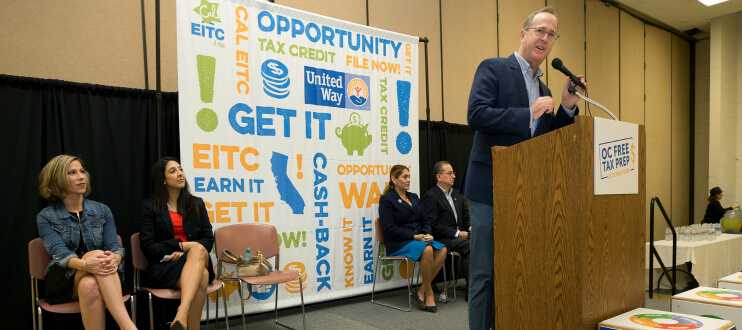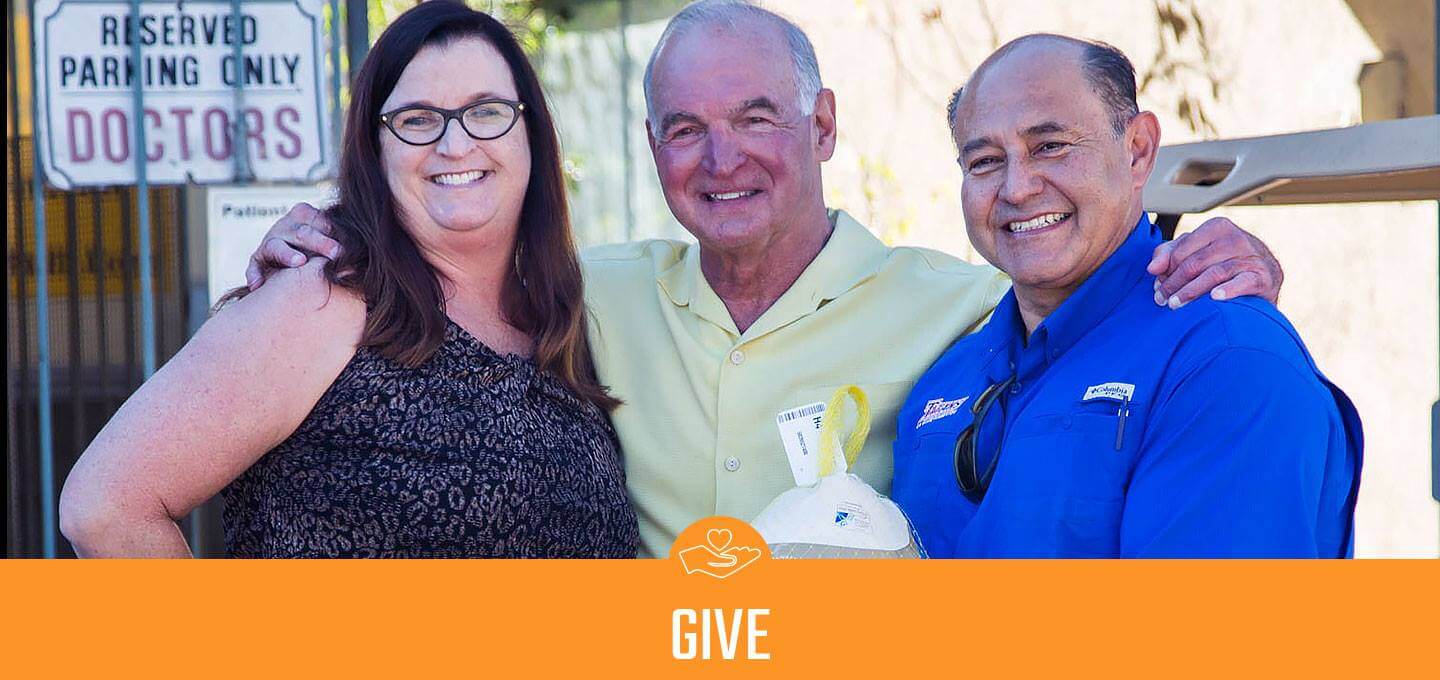By Margot Roosevelt / Orange County Register
Originally posted on the Orange County Register.
Patricia Lara, 39, makes $35,000 a year as an administrative assistant for an Orange property manager. With four teenagers to support, she says, “my income can’t keep us afloat.”
But at a recent free tax preparation fair at the Brookhurst Community Center, Lara got some good news. Not only doesn’t she owe any income tax, but the Internal Revenue Service will send her $2,783 in the form of what’s known as an “Earned Income Tax Credit.”
The money is welcome but no windfall. “My grocery bill is about $2,000 a month,” Lara said, adding that she pays $500 in monthly rent, plus utilities, to share a home with her parents and a brother.
Lara is among some 27 million U.S. wage earners who last year benefit from the Earned Income Tax Credit. The 43-year-old federal program, which paid out $65 billion in cash subsidies in 2017, is the one anti-poverty policy that sparks little controversy.
“Inequality is worse as the wages of the low-skilled have fallen way behind the wages of the higher-skilled,” said UC Irvine economist David Neumark who has authored more than a half-dozen studies on the tax credit.
“Democrats like the EITC because it redistributes wealth. Republicans like it because instead of giving you money like welfare, it only applies to those who work.”
Three years ago, confronting the fact that one in four residents live below or close to the federal poverty line, California became the 26th state to offer its own supplemental tax credit for workers. Last year, eligibility for the state program was extended to the self-employed.
But there’s one big problem: some low-income workers earn too little to be required to file taxes, even though they could qualify for the extra money if they did.
To continue reading, click here to see the original article on OC Register’s website.







